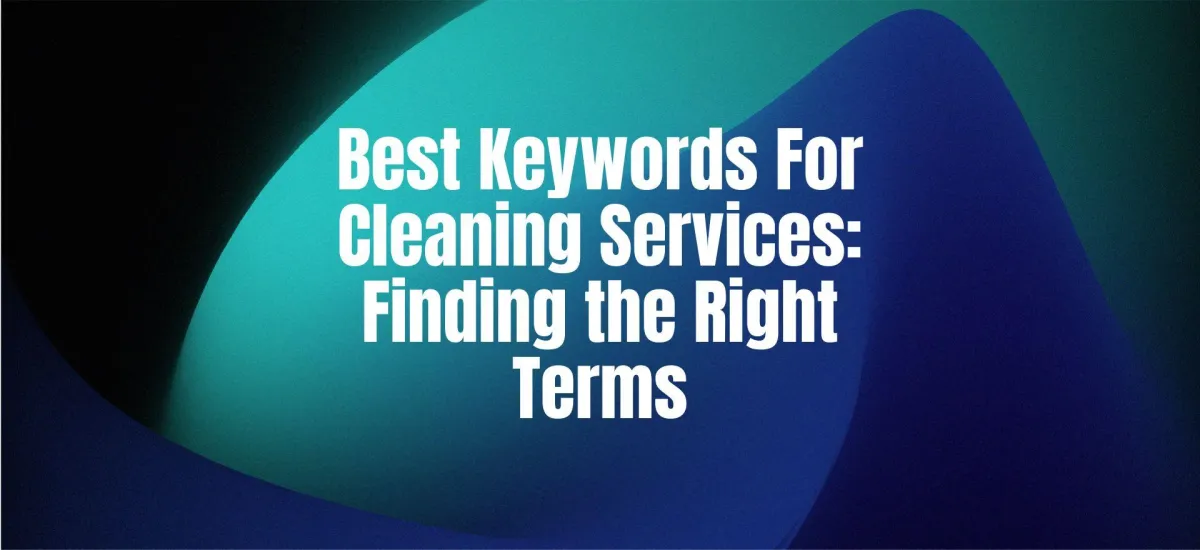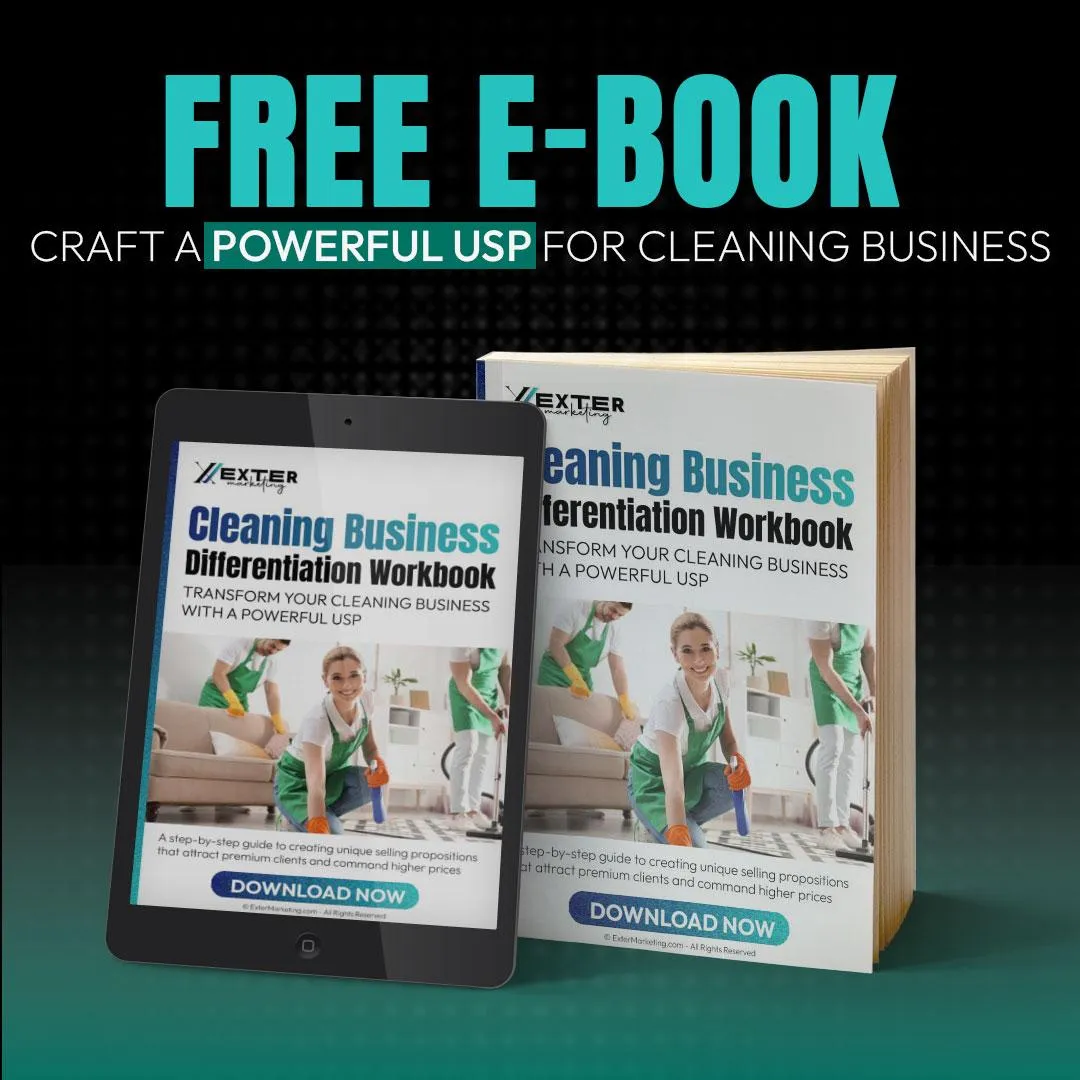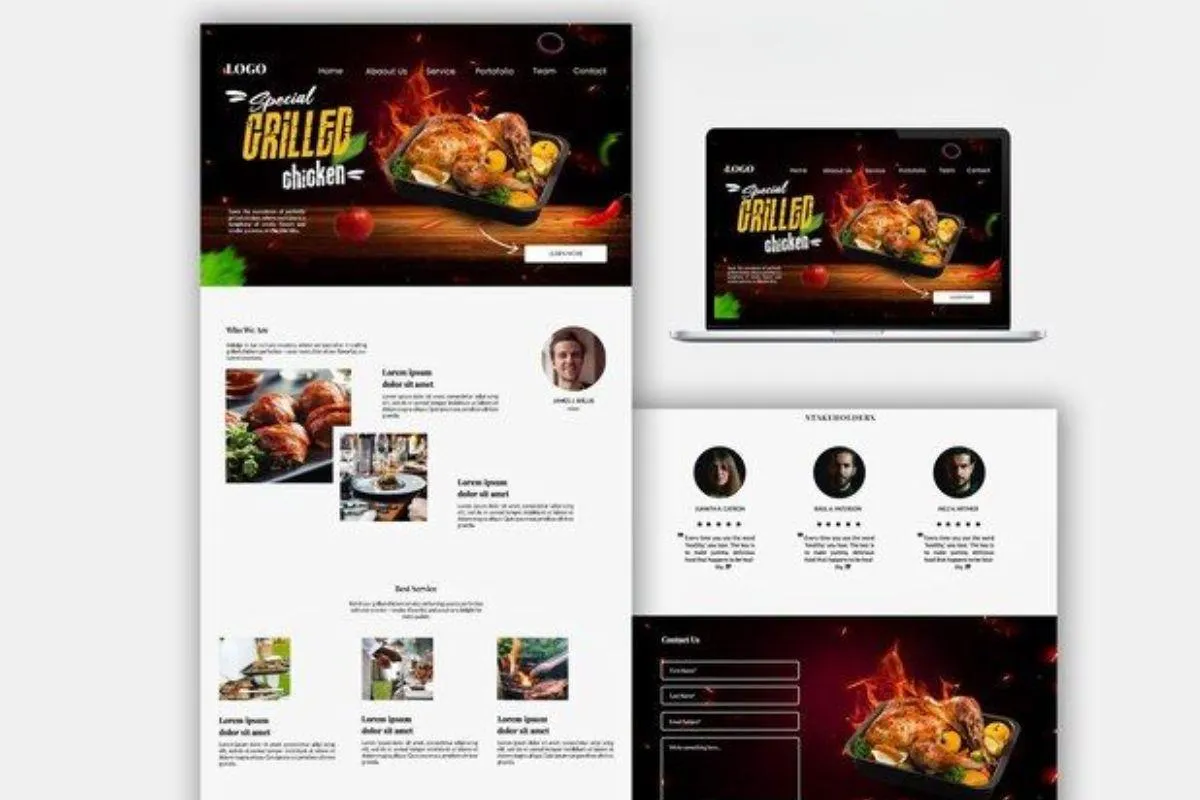
Best Keywords for Cleaning Services: Finding the Right Terms
Choosing the right keywords is a critical step for any cleaning business that wants to improve its online visibility. Keywords are the terms potential customers type into search engines when they look for services like yours. By identifying the phrases and terms people use when they search for cleaning services, you can tailor your website content to match those queries. This helps your site rank higher in search results and attract more visitors who are likely to become customers.
Understanding which keywords to target can seem daunting at first. Cleaning businesses often serve local markets, so your keyword strategy should focus on both the services you offer and the area you serve. For example, a house cleaning company in Austin might aim for search terms like “house cleaning Austin” or “maid service near me.” In this article, we will explore how to find the best keywords for cleaning services, explain different keyword categories, and show you where to use them on your website.
Why Keywords Matter for Your Cleaning Business
Keywords are important because they connect searchers with your services. When someone needs a cleaning service, they typically type a query into a search engine. If your website pages include the keywords that match those queries, your pages have a better chance of showing up near the top of the results. The higher your site ranks for relevant searches, the more likely potential customers will click through and learn about your business.
Effective keyword use also means understanding search intent. For example, someone typing “how to remove stains” is likely looking for tips (informational intent), while someone searching for “carpet cleaning near me” is probably ready to hire a cleaning service (transactional intent). By including both types of keywords in your content, you can attract visitors at different stages of the buying journey. This approach makes your website helpful to readers and more visible to search engines.
Types of Cleaning Service Keywords
The first step is to list the main categories of cleaning services your business provides. For example, some companies focus on residential cleaning (homes and apartments) while others offer commercial cleaning (offices, retail stores, or industrial spaces). Many cleaning businesses also provide specialized cleaning services, such as carpet cleaning, window cleaning, or move-in/move-out cleaning. Identifying these categories helps you brainstorm the specific keywords people might use to find each service.
Residential cleaning: Keywords like “house cleaning,” “maid service,” “apartment cleaning,” etc.
Commercial cleaning: Keywords like “office cleaning,” “janitorial services,” “commercial cleaning company,” etc.
Specialized cleaning: Keywords like “carpet cleaning,” “window washing,” “post-construction cleaning,” “green cleaning,” etc.
Below is an example of how you might organize keywords by service type:
Long-Tail Keywords: Service + Location
Long-tail keywords are longer, more specific phrases that often include a location or detail. These keywords usually have lower search volume than broad terms, but they can attract highly interested customers. For example, instead of using just “carpet cleaning,” you might use “carpet cleaning services in Boston” or “eco-friendly carpet cleaning near me.” These detailed phrases help you appear in searches where customers know exactly what they want, improving your chances of matching their search intent.
Service in a city/area: e.g. “house cleaning in Austin,” “apartment cleaning Houston,” etc.
Service + near me: e.g. “office cleaning near me,” “maid service near me,” etc.
Service with qualifiers: e.g. “affordable house cleaners Dallas,” “green cleaning Miami FL,” etc.
For example, you can organize these long-tail keywords in a table by service and location:
[Insert table of long-tail keywords here]
Keywords by Customer Intent
Search terms often reflect the intent of the person searching. It helps to categorize keywords as informational or transactional:
Informational intent: Keywords where the searcher is looking for information or advice, such as “how to clean tile floors,” “best vacuum for pet hair,” or “what does eco-friendly cleaning mean.” These terms can be used in blog posts or FAQ pages.
Transactional intent: Keywords where the searcher is ready to hire or buy, such as “hire cleaning service near me,” “book carpet cleaning Chicago,” or “affordable maid services.” These terms should appear on service pages and landing pages focused on conversions.
Including both types of keywords in your content and marketing allows you to capture traffic from people who are researching cleaning solutions and those who are ready to contact a service provider. Below is an example of how you might list keywords by intent:
[Insert table of keywords by customer intent here]
Localized Keywords: Cities, States, and "Near Me"
Most cleaning businesses serve specific geographic areas, so including location-based keywords is crucial. Think about the cities, neighborhoods, or regions you serve, and incorporate those into your phrases. Common local search patterns include:
City or area name: e.g. “house cleaning Miami,” “office cleaners Seattle,” etc.
City + state or ZIP: e.g. “cleaning services Boston MA,” “Dallas cleaning,” etc.
"Near me" searches: People often search for “cleaning services near me” or “maid service near me.” Google will match those queries to the user’s location, so make sure your website mentions your service area.
Using these local phrases can help your site show up in local search results and map listings. For instance, a cleaning company might target “commercial cleaning New York NY” or “residential cleaning 90210.” You can organize localized keywords in a table like this:
[Insert table of localized keywords here]
Finding the Right Keywords
Once you know the categories and patterns to target, use keyword research tools and methods to find actual keyword ideas:
Google Autocomplete & Related Searches: Type a base term like “house cleaning” into Google and note the autocomplete suggestions. Also scroll to the bottom of Google’s results page to see “searches related to…” This reveals popular search variations.
People Also Ask: These are question boxes in Google results. The questions often contain long-tail phrases that indicate what people are looking for.
Keyword Planner Tools: Use tools like Google Keyword Planner (free with a Google Ads account), Ubersuggest, Moz Keyword Explorer, or others to find search volume and competition for keywords. Enter your service keywords to see related terms and their search data.
Competitor and Local Research: Look at competitor websites and local business directories. See what phrases they use to describe their services. You can also check Google Maps or Yelp: search for your service in your city and see what terms appear in business listings and reviews.
Brainstorm Variations: Think about synonyms and related terms. For example, some people search for “maid service” while others search for “housekeeping.” Try adjectives like “best,” “affordable,” or “professional” before service terms to cover those queries.
Collect all these ideas and organize them. You might create separate lists or spreadsheets for general service keywords, long-tail phrases, and local terms. Over time, refine the list by focusing on terms that have good search volume and match what your business offers.
Using Keywords on Your Website
Finding good keywords is only half the battle – you must use them effectively on your site:
Website Titles and Headings: Include your main keyword in the page title and at least one heading (H1, H2, etc.). For example, a page about office cleaning could have the title “Commercial Office Cleaning Services” and an H1 like “Professional Office Cleaning.”
Page Content and Descriptions: Use keywords naturally in the first paragraph or two of your content, as well as throughout the body. Avoid overstuffing; focus on providing helpful information. If your keyword is “carpet cleaning Chicago,” write a sentence that fits, such as “Our carpet cleaning services in Chicago are designed to remove stains and odors from your carpets.”
Meta Description and Alt Text: The meta description (the snippet shown in Google results) should contain the main keyword and a brief summary. Also use keywords in image alt text, like “house cleaning service van,” which can help with image search.
Internal Links and Anchor Text: When linking to other pages on your site, use descriptive anchor text that includes keywords. For example, a link to your residential services page could say “learn more about our house cleaning services.”
User Experience: Always write for readers first. Search engines favor content that’s clear, well-organized, and useful. Break up text with subheadings, bullet points, and images. This helps keep visitors engaged and may improve your search rankings.
Remember, keyword strategy is ongoing. You should regularly review and update your keyword list as your services, market, or customer search habits change. Monitoring which search terms bring visitors to your site (using Google Search Console or analytics tools) can help you focus on the most valuable keywords over time.
URL: https://extermarketing.com/post/50-keywords-for-cleaning-services














